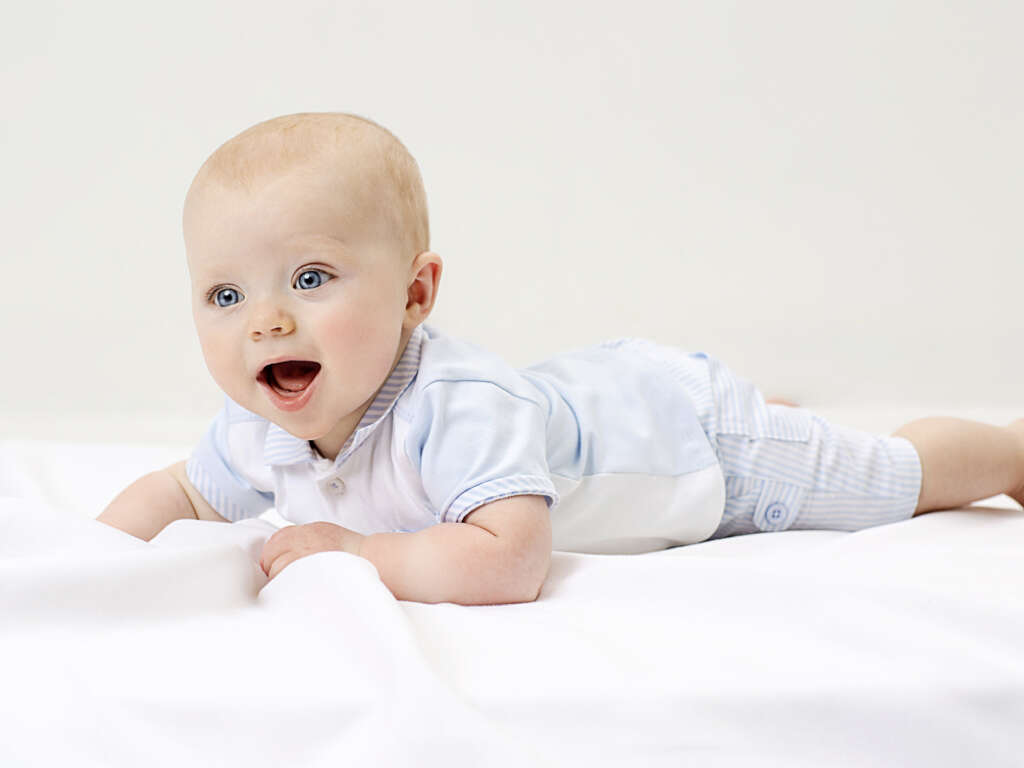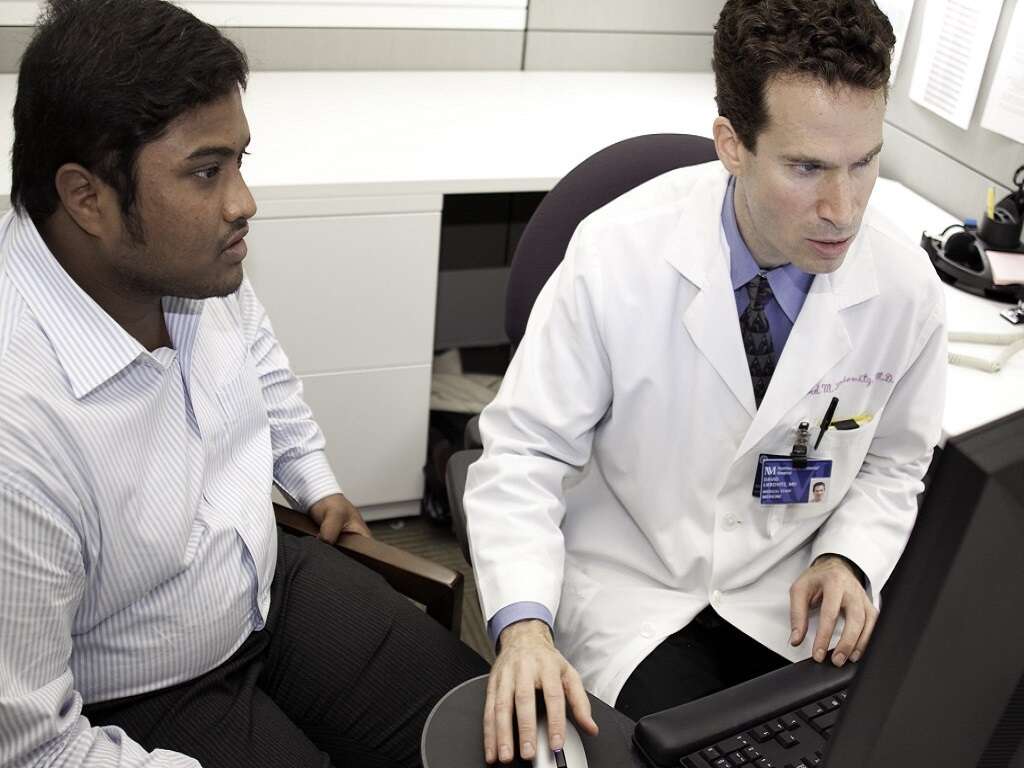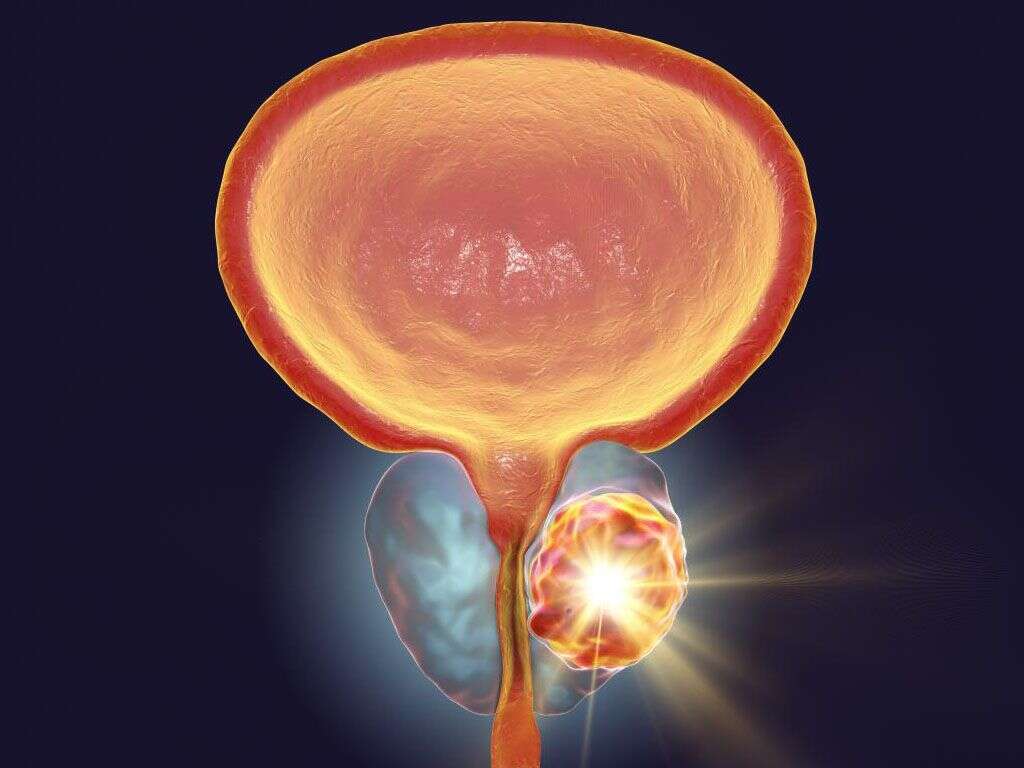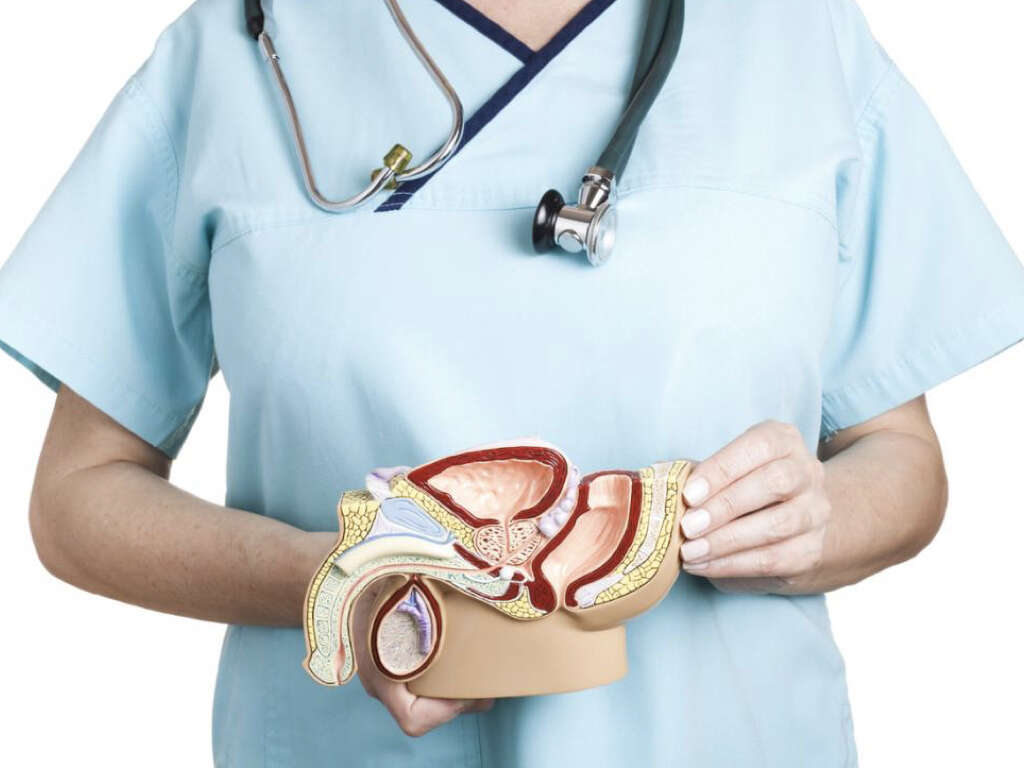10 Symptoms of Klinefelter Syndrome
Our genes help make up the blueprint for who we are. They help determine what we look like, how large we grow, how smart we are, and even how we think. They are generally handed down from our parents, meaning that parents and their children tend to share a lot of similarities with each other.
This blueprint includes chromosomes which determine our sex. Women usually have two X chromosomes, while men usually have one Y and one X chromosome. Men with Klinefelter syndrome, however, have two X chromosomes and one Y chromosome.
Those that are lucky will show barely any symptoms at all, while some can have symptoms that have a significant impact on their lives.
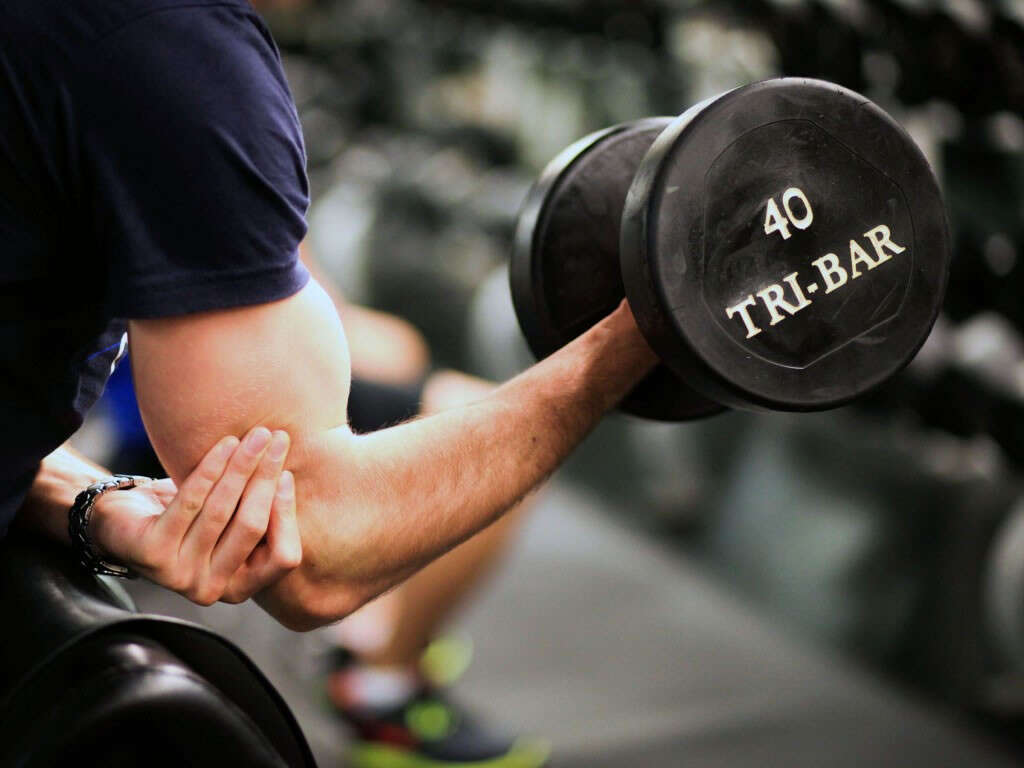
Symptom #1: Slow Developing
Different babies develop at different rates. Sitting up and standing come at different times to babies and it doesn’t necessarily mean that there is a problem. Usually, even those that are a bit slower than the others will catch up with the rest at some point.
Despite this, however, slower than usual developing can be a sign of Klinefelter syndrome. It might not be noticeable to begin with because babies do develop at different rates. In addition to sitting and standing, it can also cause babies to develop slower than others when it comes to speech. If you do notice a baby is developing slower than they should do, you should arrange to get it checked out.

Symptom #2: Quietness
Even before they are able to utter their first words, babies still tend to be very vocal. Of course, they tend to cry a lot, but they also tend to laugh and make a lot of other sounds. These sounds are the precursors to speech, as they begin to exercise their ability to make the right noises.
Babies with Klinefelter syndrome, however, are likely to be considerably quieter than other babies. It’s not that they are completely silent, and they can certainly still cry, but they are likely to be considerably less “chatty.” It is something that is not always noticeable but is worth getting checked out when it is noticed.
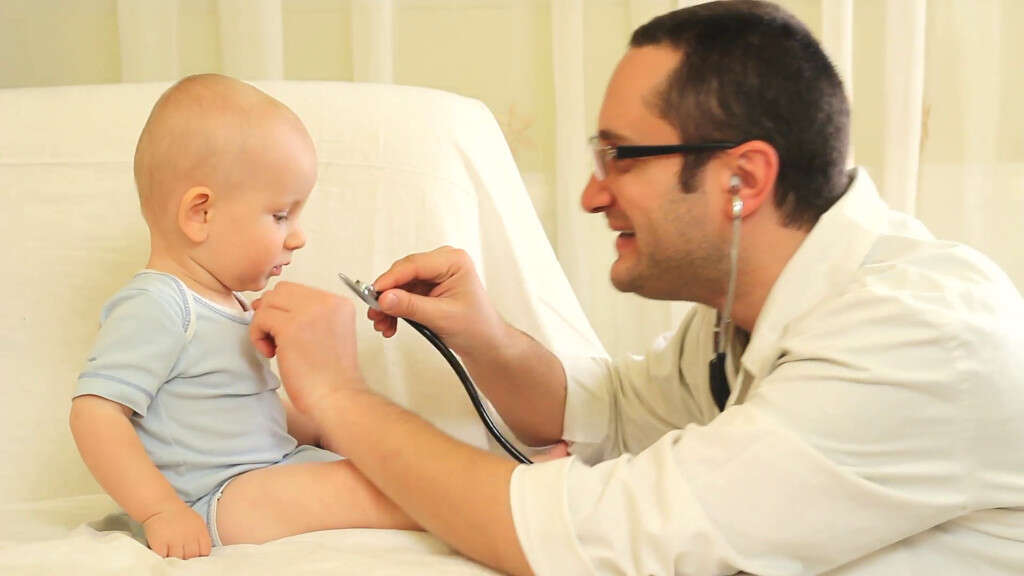
Symptom #3: Learning Difficulties
When children get to a certain age, it is time to send them to school. Here, they will begin to learn subjects like language and mathematics in greater detail than they would be taught at home. They will also be taught other subjects and will hopefully pick up life skills along the way. The more a child is able to learn, the better prepared they will be for the future.
Some children, though, have difficulties learning. They can struggle with reading and writing and mathematics is also often too difficult for them. This is a symptom of Klinefelter syndrome, among other things.

Symptom #4: Shyness
Some children are more or less shy than others. Shyness does not necessarily suggest something is wrong per se, it’s just that we all have different personalities. Having said that, excess shyness can hold children, and even adults, back in developing personal and professional relationships.
If you do have a child that is more shy than usual, it could be down to Klinefelter syndrome. Such children will also have difficulty making friends and will find it difficult to talk about feelings. They are also likely to find themselves quite low in confidence and might steer away from activities and events as a result.
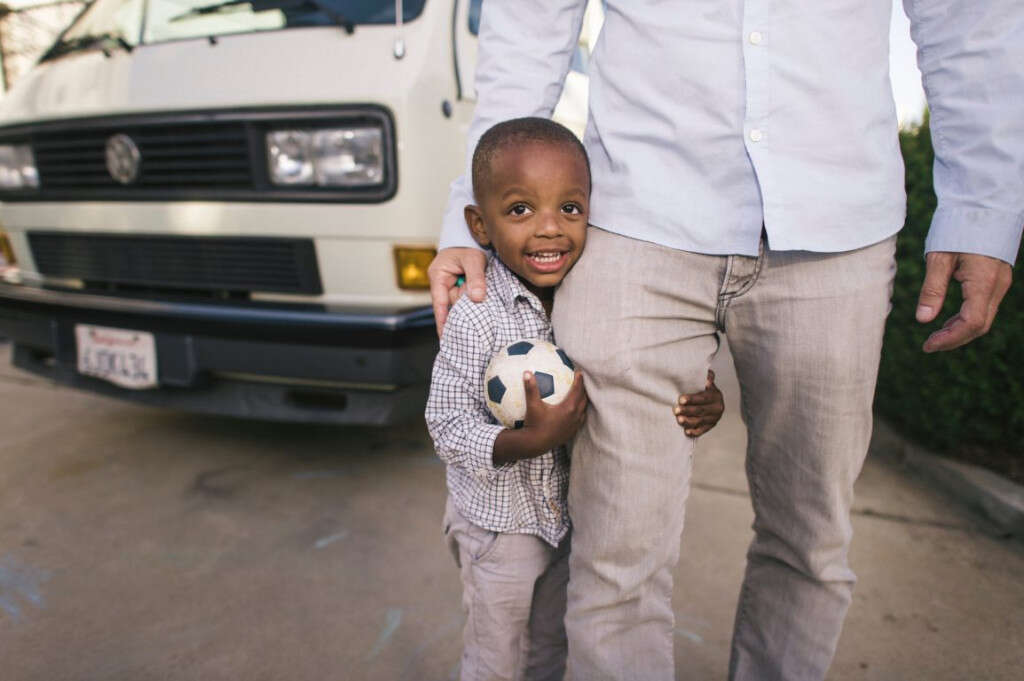
Symptom #5: Weaker Muscles
Men are generally stronger than women. Of course, this is not a hard and fast rule because there are exceptions. Some women that train hard will be stronger than a lot of men, while some people are also just born larger or smaller than others. What’s more is that some men might have conditions that make them weaker, such as Klinefelter syndrome.
Klinefelter syndrome will cause males to be weaker than their male counterparts from a young age. Their muscles will grow slower than others’ and they will also generally have less muscle tone. This doesn’t mean to say those without the condition can’t develop strong muscles, but it could take more work than in other people.

Symptom #6: Different Body Shape
People come in all shapes and sizes. Still, there is a general type of shape that you can expect of people as they grow and develop. Boys with Klinefelter syndrome are likely to grow to be somewhat different than other boys, generally speaking.
Boys with Klinefelter syndrome are likely to have longer legs and arms than normal. They are also likely to have wider hips than other boys and also a shorter torso. In addition, they are likely to be quite a bit taller than is normal for their family. These symptoms will often be outgrown as the boy grows and develops into a man.

Symptom #7: Late Puberty
At some point during our teenage years, we will undergo puberty. This is a process that signals the transition between being children and being adults. Girls will begin to develop breasts, boys will find that their testicles lower and their voices will deepen, and both groups will begin growing pubic hair.
This can happen at different times for different children, and those with Klinefelter syndrome are likely to start developing later than others. This can be difficult for boys as their classmates are growing and maturing ahead of them. In some cases, puberty may never come for them at all, or the process might not quite finish.

Symptom #8: Unusually Large Breasts
It is nearly always women that have breasts. They develop in preparation for when the woman might get pregnant, so she can create milk to then feed to her baby. With this in mind, it is not normal for men to develop breasts as well, although it can happen in some cases.
It is not uncommon for men to develop what is often known as “manboobs.” Rather than being actual breasts, though, these tend to be accumulations of fat in overweight men. Men with Klinefelter syndrome, however, can develop breasts regardless of their weight. Hormone therapy can help to overcome the problem.

Symptom #9: Small Penis and Testicles
It is often said that it’s not the size that counts when in the bedroom. Still, though, most men would prefer to have a penis that is above a certain size. They might become quite embarrassed otherwise when it comes to sex, and some men can become quite self-conscious about it.
One symptom of Klinefelter syndrome is that the man’s penis and testicles are likely to be smaller than usual. What’s more is that they can also have difficulty getting and maintaining an erection during sex. Depending on the circumstances, the symptoms have the potential to place a considerable strain on personal relationships.
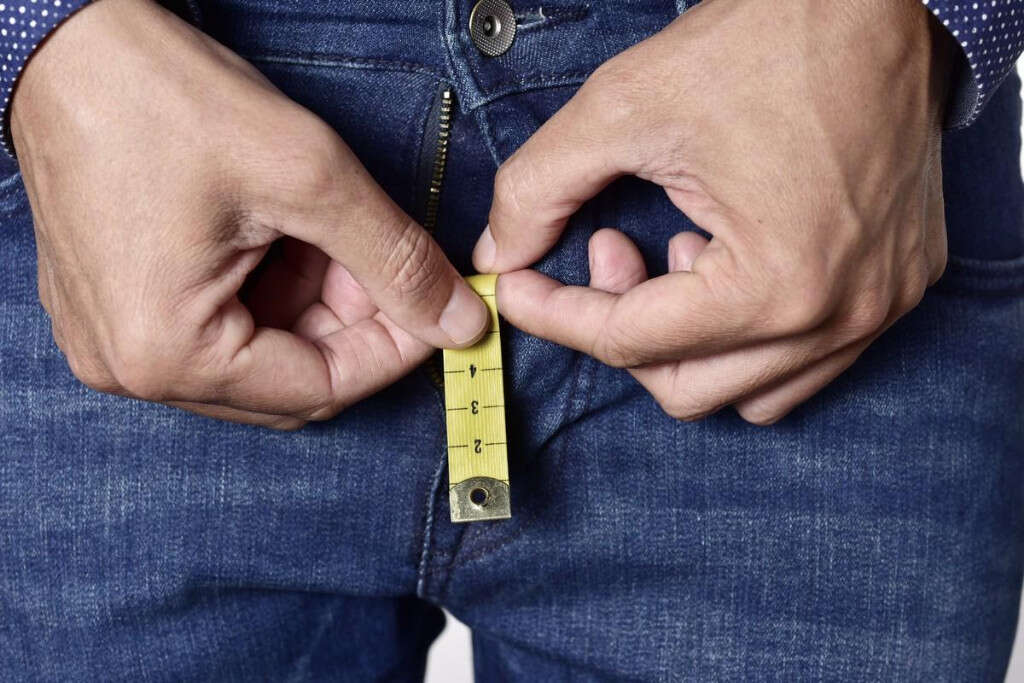
Symptom #10: Infertility
Human beings are usually fairly prolific breeders if we are not using contraceptives. Some women will have multiple children and can often get pregnant again not long after giving birth. Such prolific breeding was once necessary when life was harder and mortality rates were considerably higher than they are now.
Not everybody is so fertile, though, and many can struggle to have any children at all. Klinefelter syndrome can cause infertility in men because they are unable to produce enough sperm. Many men with the condition will also have a lower sex drive, which could lead to them having sex less frequently.





